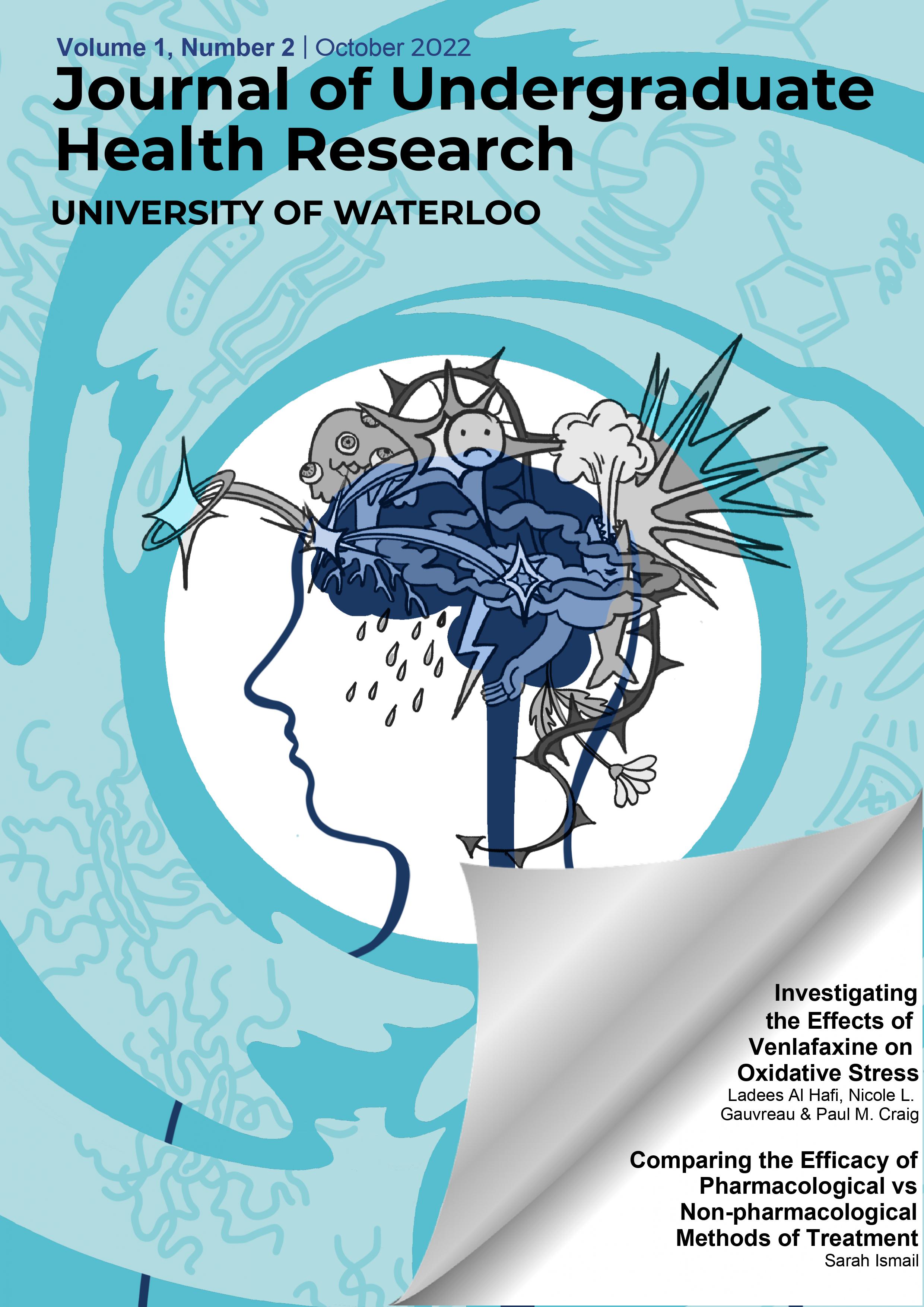Comparing the Efficacy of Pharmacological vs Nonpharmacological Methods of Treatment for Anxiety in Parkinson's Disease: A Narrative Review
DOI:
https://doi.org/10.15353/juhr.v1i2.5160Keywords:
Parkinson's Disease (PD), Anxiety, SSRIs, Cognitive Behavioural Therapy, TCAs, Resistance TrainingAbstract
Anxiety disorders comprise the most prevalent mental health disorders in the general population and remain a serious concern for patients with Parkinson’s disease (PD). Current literature posits a myriad of methods, pharmacological and nonpharmacological, that may be utilized in the clinical management of this condition. However, recent systematic reviews and meta-analyses have not reached a definitive conclusion as to which method of treatment is most effective. This review aims to address this gap in the field by critically examining the efficacy of several notable treatment options. Specifically, this review highlights the need to discontinue the use of benzodiazepines in this PD-specific population and confirms findings from previous literature that tricyclic antidepressants (TCAs) are the most effective first-line defense for this condition. It additionally highlights the need for subsequent placebo-controlled randomized controlled trials (RCTs) to be conducted to further investigate the efficacy of numerous nonpharmacological treatment options.
Published
Issue
Section
License
Copyright (c) 2022 Sarah Ismail

This work is licensed under a Creative Commons Attribution 4.0 International License.

